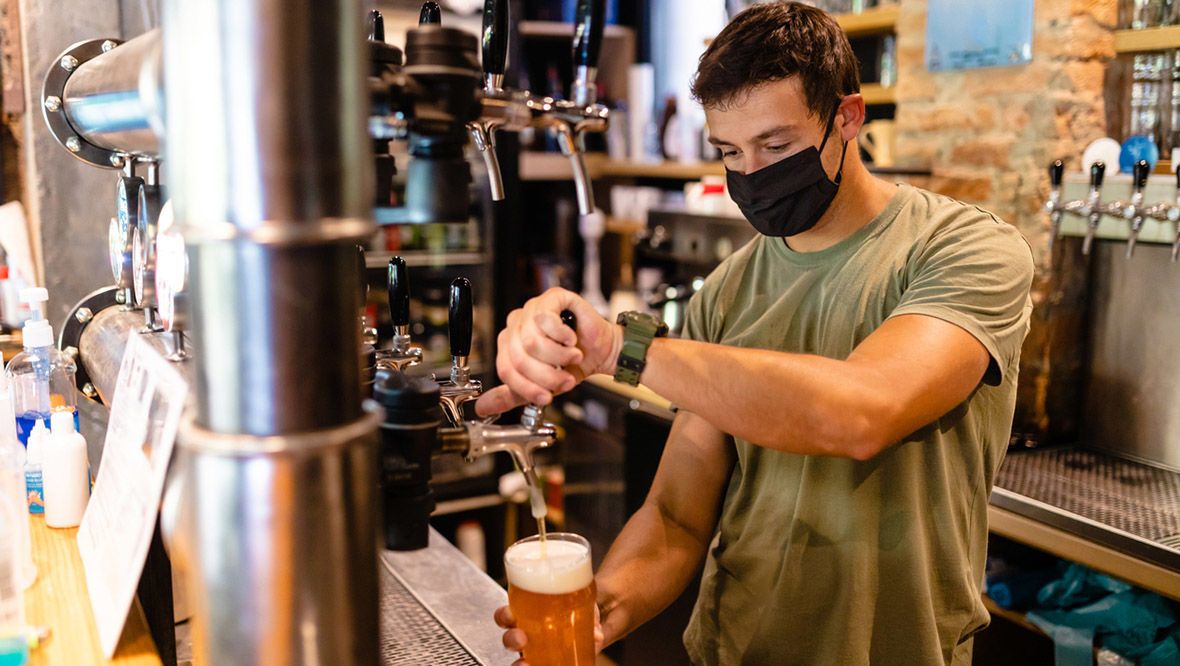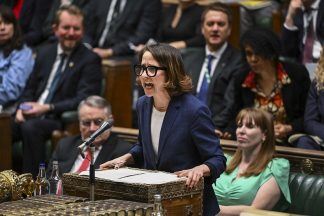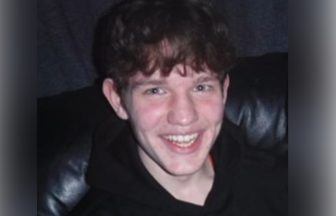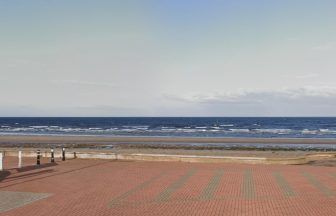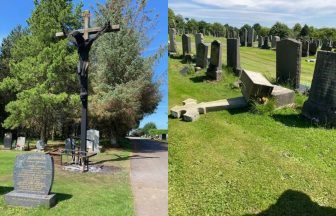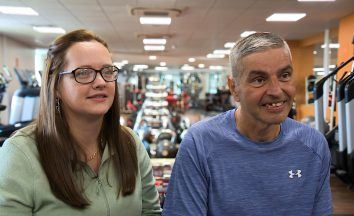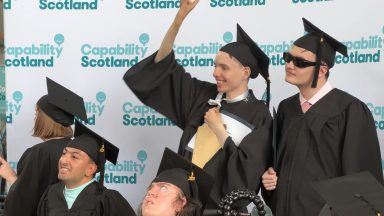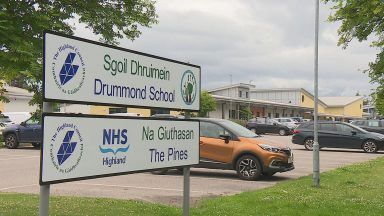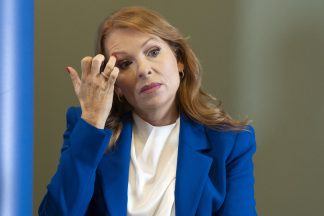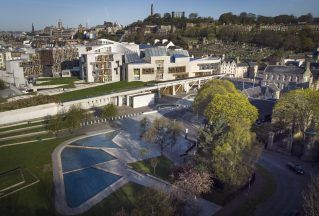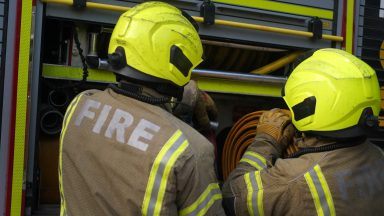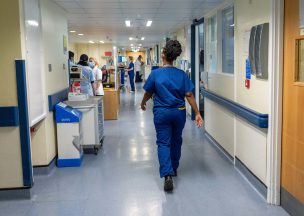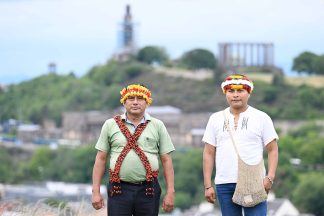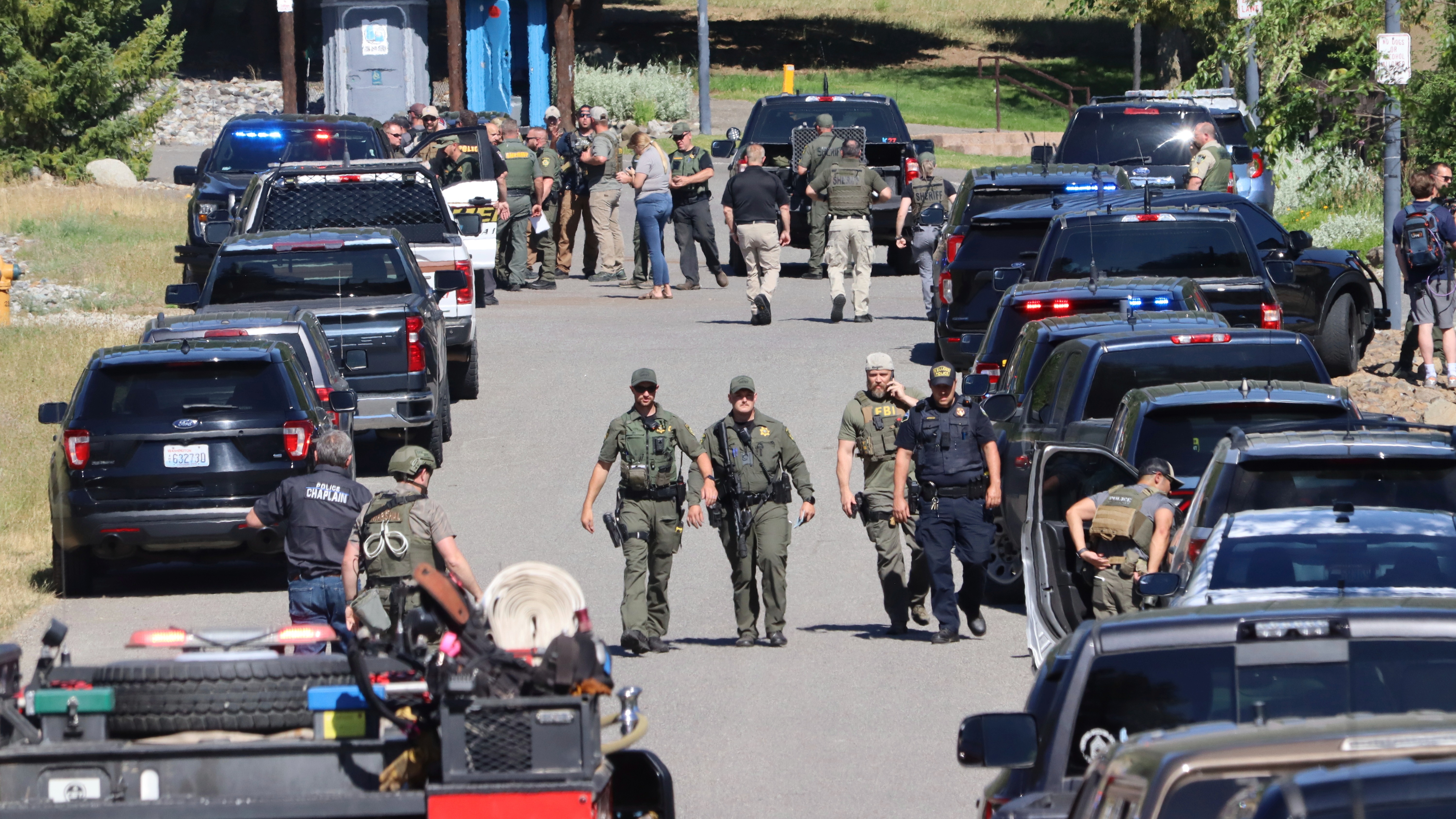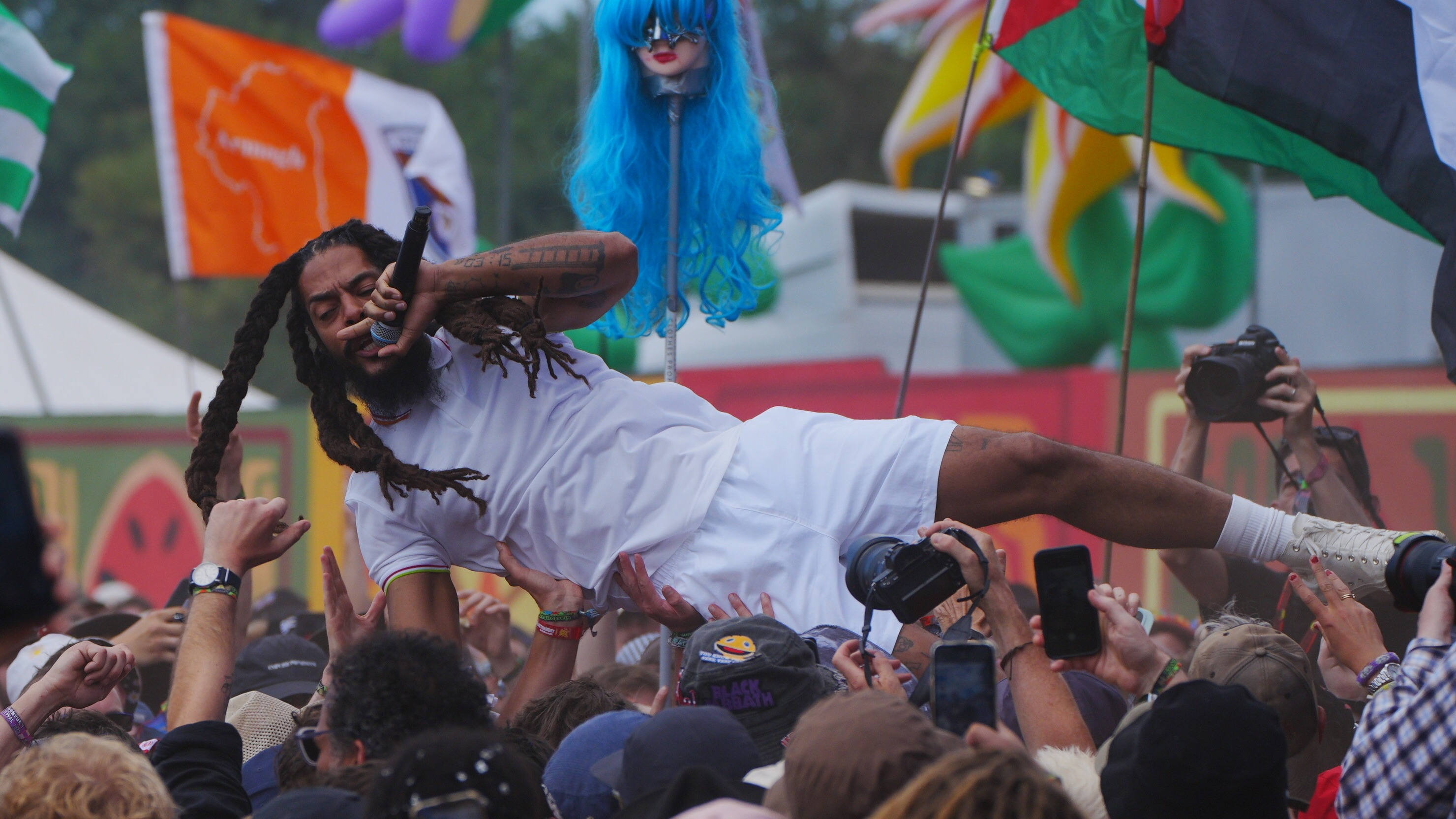Pubs, nightclubs and theatres will be able to operate at full capacity from next Monday, as remaining restrictions imposed to tackle the spread of Omicron are lifted across Scotland.
First Minister Nicola Sturgeon told MSPs the Scottish Government plans to remove hospitality measures introduced at Christmas – including table service and one metre distancing between groups.
Advice to limit indoor gatherings to three households is also being removed and vaccine passports will not be extended to include other settings.
Sturgeon said: “Given the improving situation – and as I said last week we hoped to be able to do – I can confirm today that all of these measures will be lifted from next Monday, 24 January.
“We will also from Monday remove the guidance advising adults against non-professional indoor contact sports, so that these can resume as normal.”
People are still being urged to work from home where possible and other Covid restrictions, such as face coverings in indoor settings and public transport, remain in place for now.
Vaccine passports are not being extended to other premises, such as licensed hospitality venues. Current self-isolation rules also still apply.
“This was undoubtedly the most difficult decision we faced this morning and, yet again, the judgment we have arrived at was finely balanced,” said Sturgeon.
She added: “If cases were to start to rise very sharply again, extension of certification may well be a more proportionate alternative to other, more restrictive measures.
“However, our conclusion today – given the improving situation – is that extending certification would not be proportionate at this stage.”
The First Minister’s announcement comes after Scottish Government data released on Monday showed the daily rate for positive coronavirus tests in Scotland almost halved in a week.
Numbers at indoor public events are currently limited to 100 standing or 200 seated. But the restrictions do not apply to private events such as weddings.
Pubs and other venues selling alcohol are required to offer table service only, while indoor hospitality and leisure venues need to ensure one-metre social distancing between groups of people who are attending together.
Nightclubs have been closed since December 27.
But restrictions started to ease on Monday, with limits on the number of people that can attend large outdoor public events removed.
It means there can once again be full capacity stadiums in Scotland, as the Scottish Premiership returns following its rearranged winter break and with the Six Nations set to get under way in February.
Scotland recorded another 31 coronavirus deaths on Tuesday, as well as 7752 more cases of people being infected with the virus.
The latest deaths takes the total of people who have died within 28 days of contracting coronavirus to 10,093 in Scotland.
Meanwhile the number of people in has fallen by 21 to 1546, with 59 people in intensive care, a rise of one.
Scottish Conservative shadow health secretary Dr Sandesh Gulhane said Sturgeon’s statement on Tuesday “begins a sea change in the government’s policy”.
He said: “(The government is) starting to shift from a rules-based approach, more towards trusting the Scottish public, as we were pushing for.
“At this stage, protecting mental health, physical health, and Scottish jobs is every bit as important as slowing the spread of Covid. Most of what we have called for has been met but the government still hasn’t gone far enough in two key areas.
“It’s right that the First Minister has backed down on extending the vaccine passport scheme. For many Scottish businesses, it remains a burden and a potential risk.
“The First Minister has twice threatened to extend the scheme to Scottish businesses – twice she has backed down. Isn’t it about time the First Minister accepted this scheme is a dud and scrapped it altogether.”
Scottish Labour leader Anas Sarwar said: “Two years into the pandemic we should have already had a system which has built in resilience and we all hope the worst is behind us.
“But, going forward, any changes in these restrictions cannot be ad hoc. We need a system that sets clear trigger points of what people can expect when cases do rise and lays out what financial support will be made available to people, when they will be entitled to it, and when they will receive it.
“Restrictions, while well-intentioned, have had a detrimental impact on people’s mental health and wellbeing and we can not expect people to live their lives like that indefinitely.”
Follow STV News on WhatsApp
Scan the QR code on your mobile device for all the latest news from around the country


